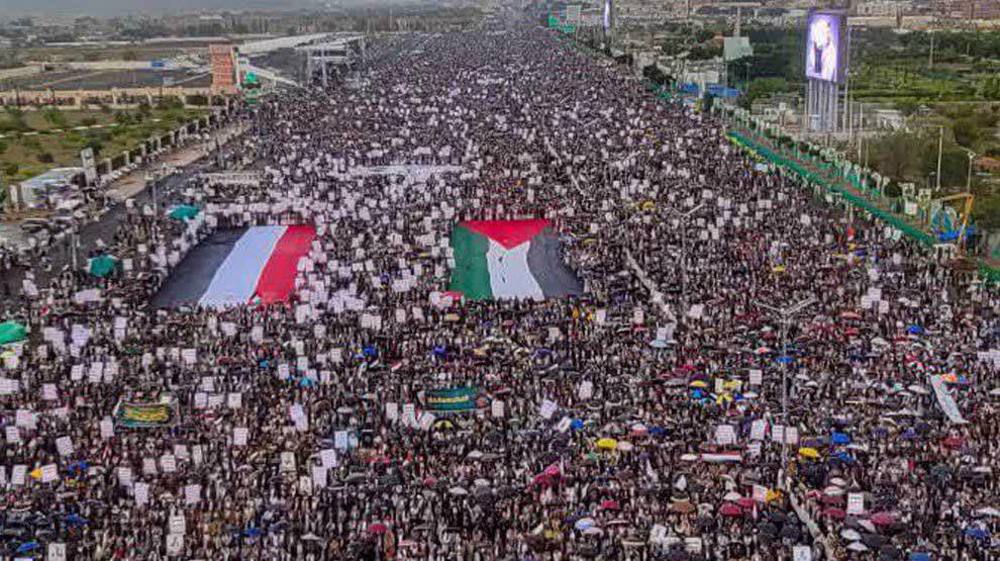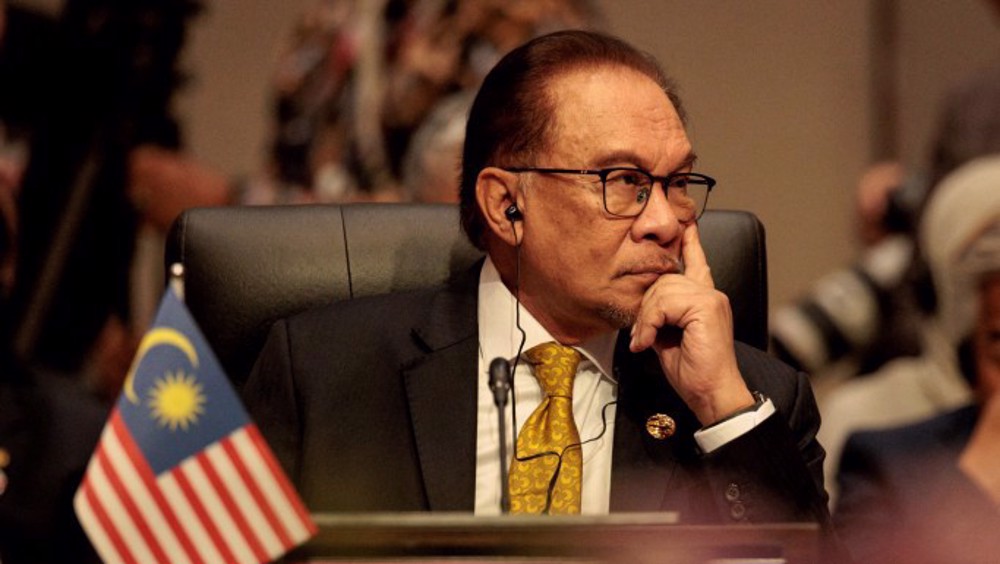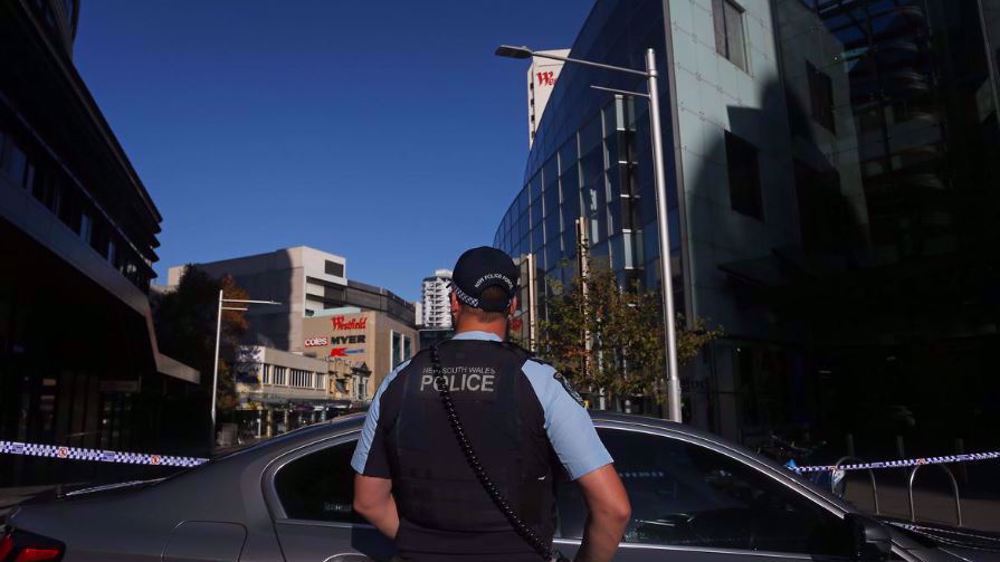Bangladesh protests Myanmar airspace violations
Dhaka has protested the repeated violations of its airspace by Myanmar as tensions escalate between the two sides on the crackdown on Rohingya Muslims, which has triggered an exodus of refugees into Bangladesh.
The Bangladeshi Ministry of Foreign Affairs said on Friday that it had summoned the charge d’affaires of Myanmar’s embassy in Dhaka to complain about a three-time encroachment on its airspace over the last week.
“Bangladesh strongly protested the instances of violation of her airspace by Myanmar military drones and helicopter on 10, 12 and 14 September 2017,” the ministry said in a statement.
“Bangladesh expressed deep concern at the repetition of such acts of provocation and demanded that Myanmar takes immediate measures to ensure that such violation of sovereignty does not occur again,” it added.
The ministry also warned that any more “provocative acts may lead to unwarranted consequences.”
Myanmar’s presidential spokesman responded on Saturday that there was no evidence of any trespassing, and that the matter was, however, being investigated.
Ties between the two neighbors soured after Myanmar’s military launched a deadly crackdown on the minority Rohingya community in Rakhine State, forcing hundreds of thousands of Muslims to flee to Bangladesh.
According to latest estimates, about 391,000 Rohingya refugees have crossed into Bangladesh since the violence erupted three weeks ago, making it one of the fastest growing refugee crises in recent years.

The Myanmar military has been attacking Rohingya Muslims and torching their villages in Rakhine since October 2016. The attacks have seen a sharp rise since August 25, following a number of armed attacks on police and military posts in the troubled western state.
There have been reports of massacres and ethnic cleansing by Myanmar’s soldiers on the Muslim population in Rakhine.
'Humanitarian catastrophe'
The Guardian reported Friday that Myanmar's government has seized control of relief operations in Rakhine State.
The daily quoted senior Human Rights Watch officials as saying that the move could become permanent, putting an end to vital food and health programs run by international aid bodies.
“The humanitarian catastrophe” created by the Myanmar military “has been multiplied by the authorities’ unwillingness to provide access to humanitarian agencies,” said Philippe Bolopion, deputy director for global advocacy at Human Rights Watch.
“The United Nations, ASEAN, and the Organization of Islamic Cooperation need to ramp up the pressure on Burma (Myanmar) and provide more assistance to Bangladesh to promptly help Rohingya and other displaced people,” he added.
A World Food Program report concluded two months ago that more than 80,000 children may need treatment for malnutrition, and that there had been a sharp rise in “extreme” food insecurity.

Bangladesh is struggling to provide relief for the huge influx of exhausted and hungry refugees, some 60 percent of whom are children.
Myanmar’s government brands more than one million Rohingya Muslims in the country as “illegal immigrants” from Bangladesh, launching a deadly and brutal crackdown on them. Rohingya Muslims, however, have had roots in the country that go back centuries. They are considered by the UN the “most persecuted minority group in the world.”
Meanwhile, Amnesty International and border officials in Bangladesh say the Myanmar military has planted landmines on the path of the fleeing Muslims, causing many of them to sustain serious wounds or lose their body organs.
The government, which has come under intense international pressure over its brutal crackdown, claims 432 people have been killed in the military offensive, but the UN and rights groups have give much higher figures.
Three days into the outbreak of the violence, the European Rohingya Council said between 2,000 and 3,000 Muslims were killed in Rakhine state. The UN also said last week that 1,000 people may have died.
Myanmar’s leader Aung San Suu Kyi has so far ignored calls from the international community to stop the violence. The Nobel Peace Prize winner has done almost nothing to end the violence in Rakhine. She recently claimed that the widespread reports of killings and rape against the Rohingya were fake news.
Israeli occupation of Palestine ‘main cause of instability’ in region: Turkish FM
VIDEO | Columbia students camp on university grounds in support of Palestinians
VIDEO | Muslim unity and Palestine
UN Security Council's inaction prompted Iran to attack Israel: FM
Know their names: Palestinian athletes, scouts, coaches killed by Israel in Gaza
'It was not a strike': Iran FM dismisses Israeli weapons as 'children toys'
The struggles of Occupied Palestine
Saadi Day: Ayatollah Khamenei exalts great Persian poet










 This makes it easy to access the Press TV website
This makes it easy to access the Press TV website